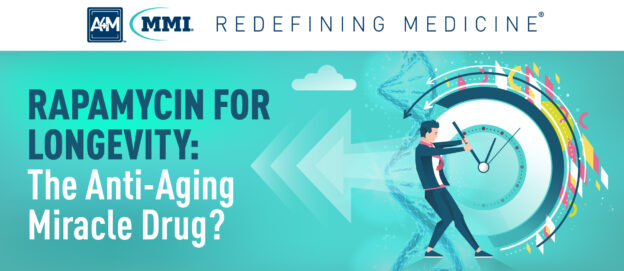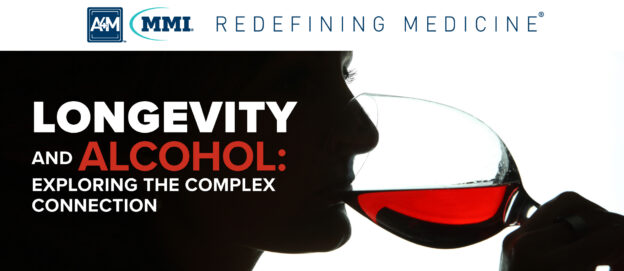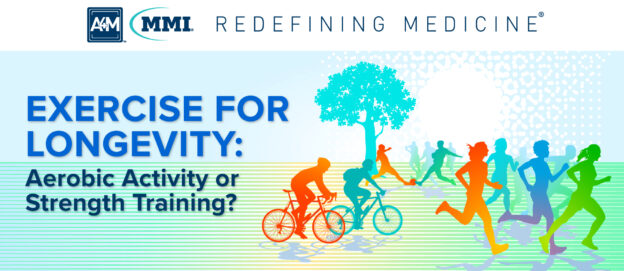Although the human lifespan has increased over recent decades, the human health-span has been unable to keep pace. While we are living longer due to scientific advancements, the number of years we spend without age-related diseases has not increased proportionately.
Lifestyle interventions often recommended too late in life tend not to be sufficient to prevent, halt, or reverse age-related decline. Research scientists are increasingly focusing on potential pharmaceutical interventions to combat the negative aspects of aging. One pathway of exploration aims to repurpose existing medications for geroprotection and is proving remarkably successful in early trials.



